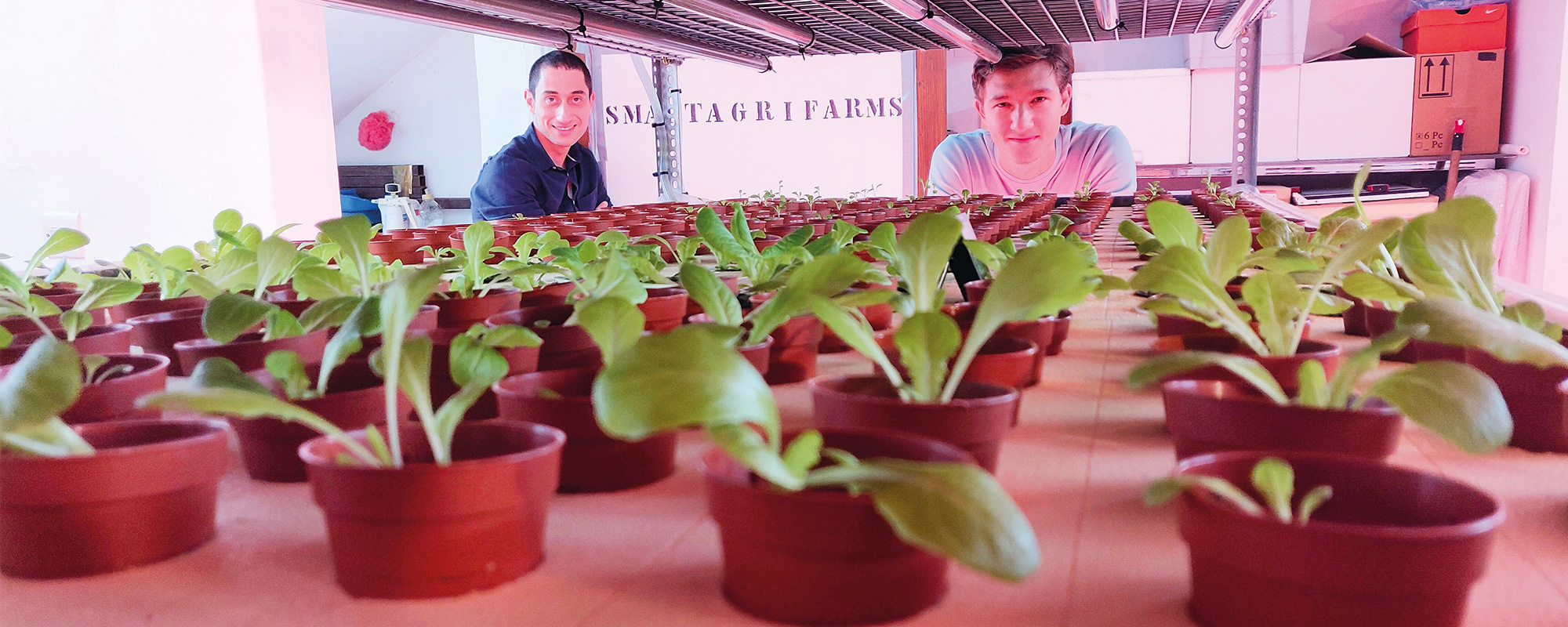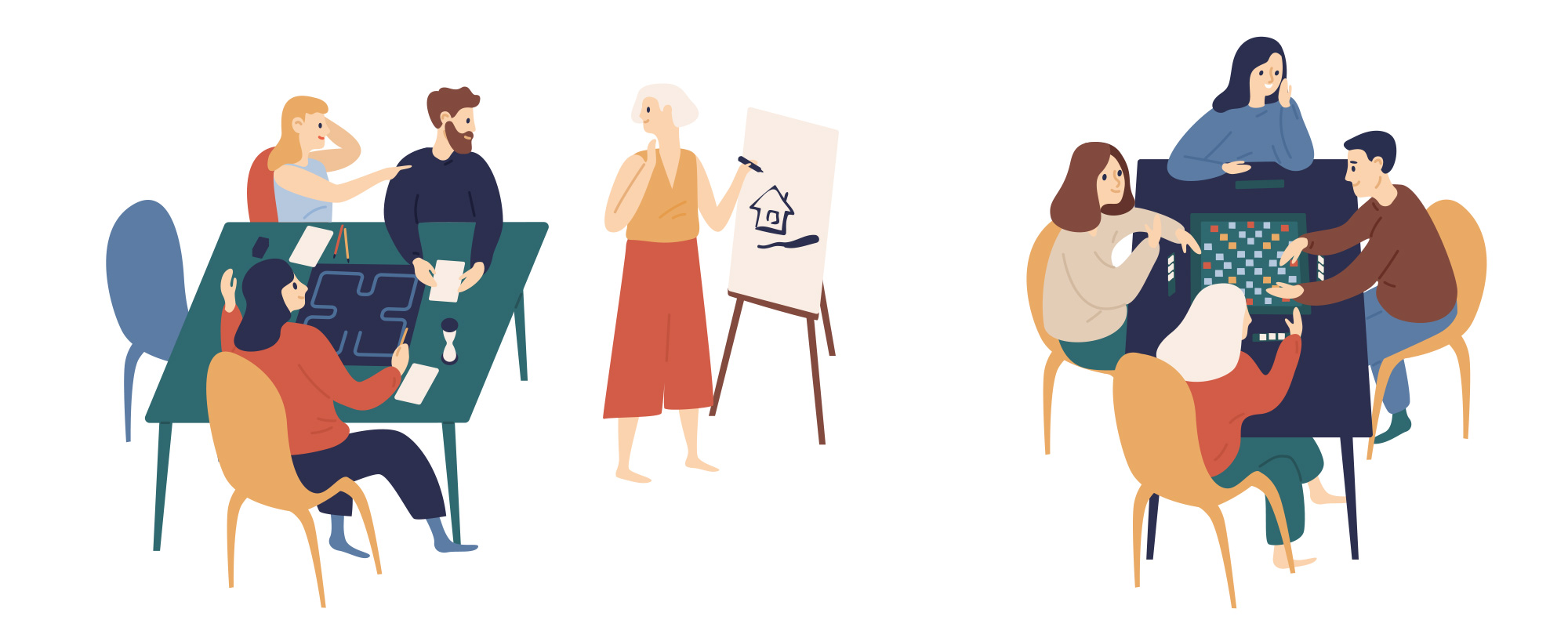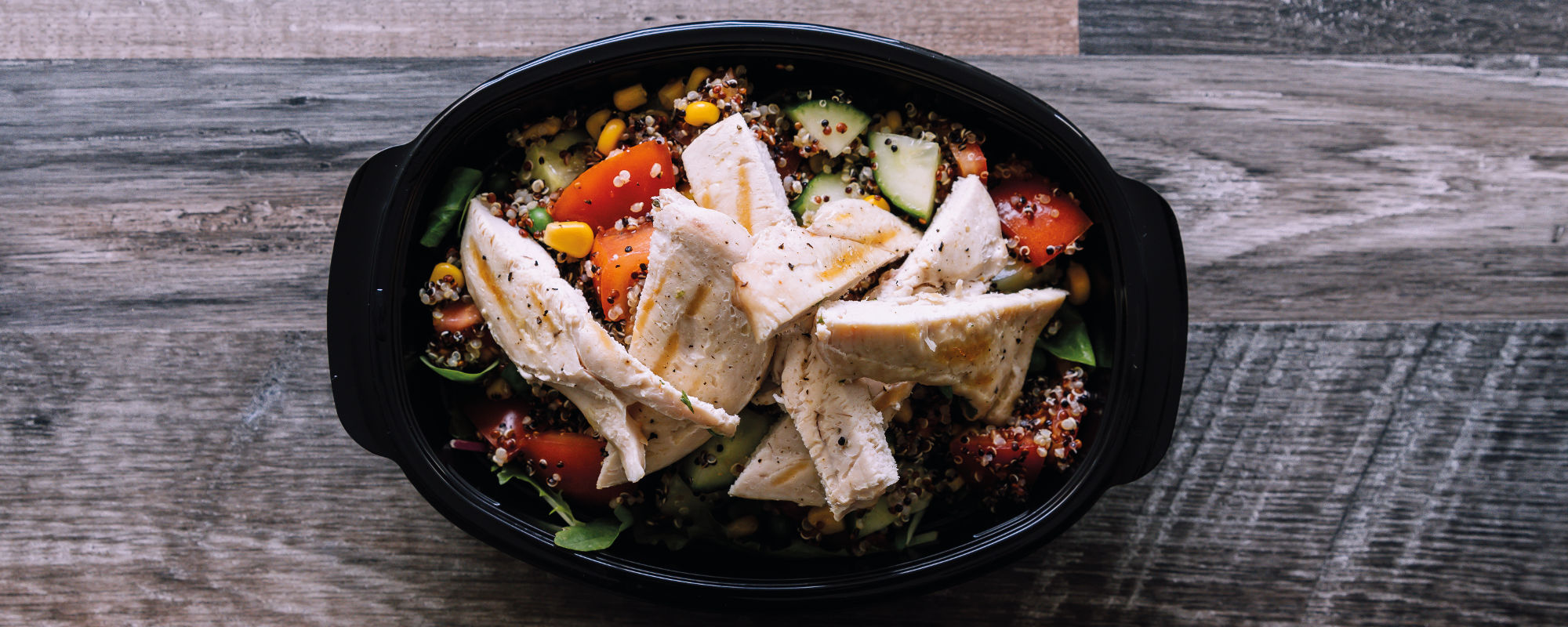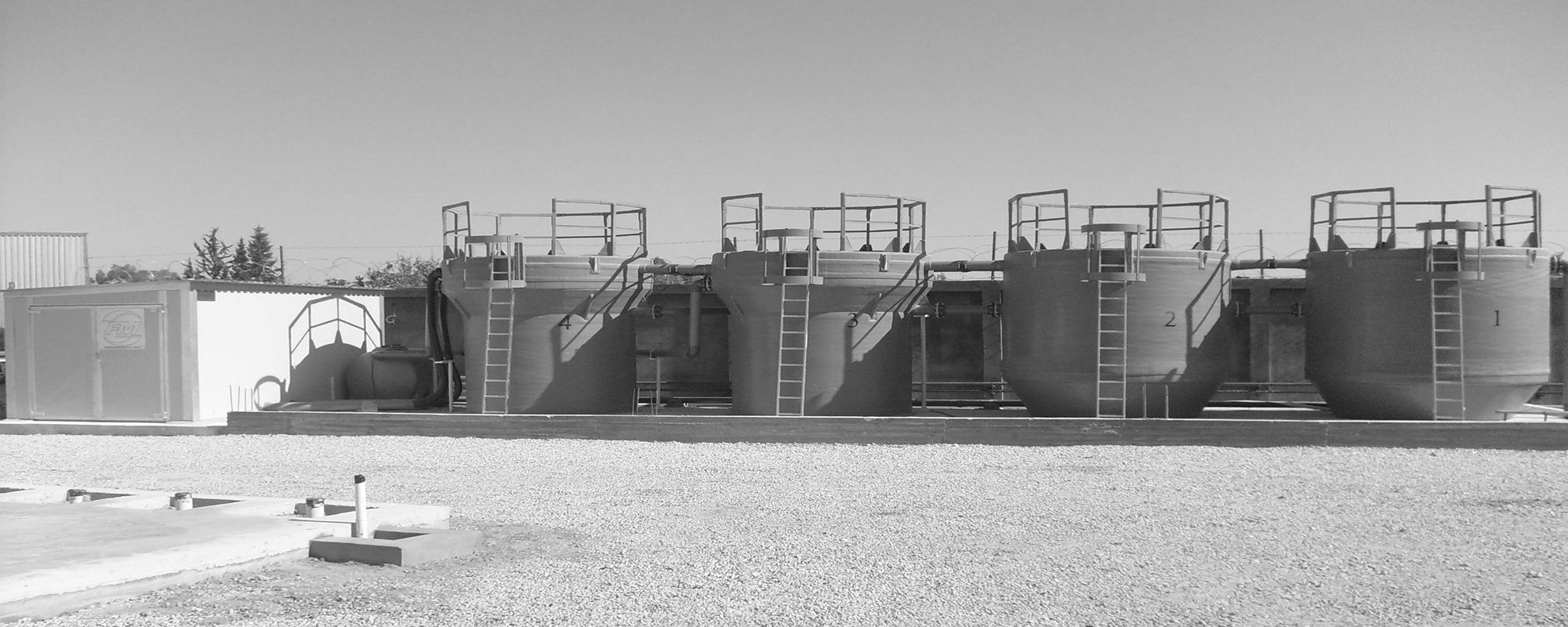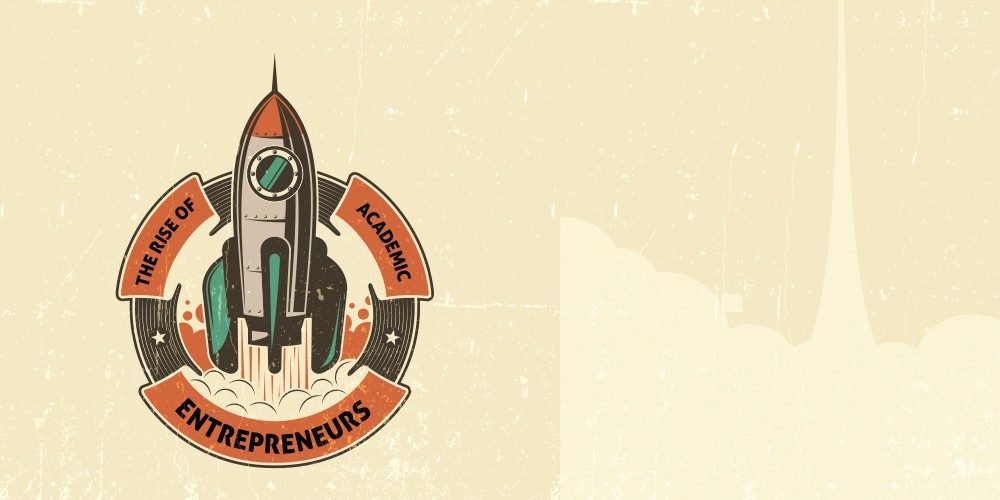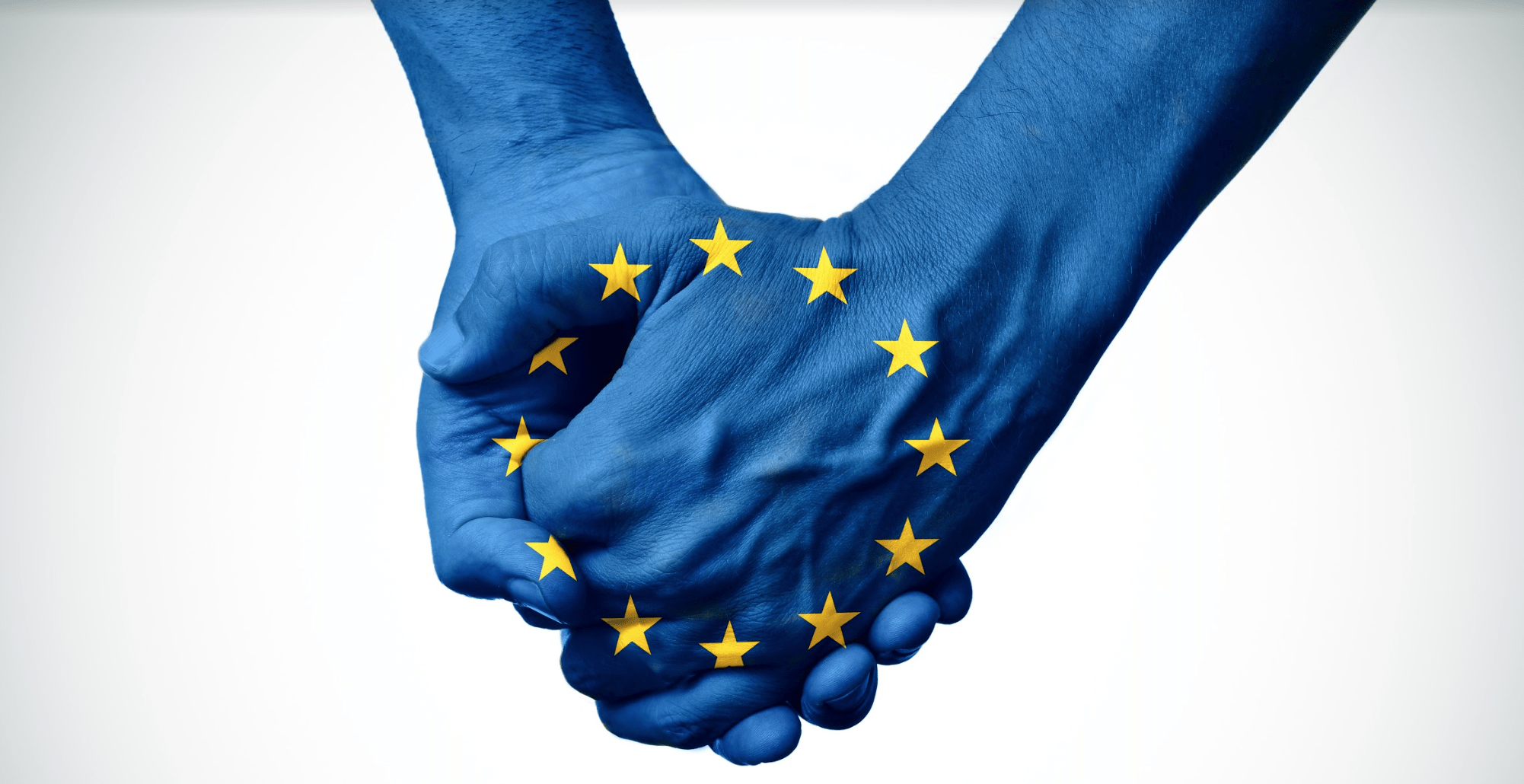Innovators play a different game
South Africa-based entrepreneur Rapelang Rabana says that when it comes to innovation, the skills and experiences we accumulate over our lifetime are better resources than formal qualifications. Words by Daiva Repeckaite.
Continue readingDelicious delivery for your muscles
It is challenging enough to keep a workout routine, let alone cook nutritious, varied meals at the same time. What if sporty people could have unique meals delivered to their door? Marija Camilleri meets a team that fills this business niche and fitness enthusiasts’ stomachs.
Continue readingResearch runs in the family
Local industrial enterprises often approach the University of Malta for collaboration in their research. Martina Borg meets one of the family enterprises working with researchers to bring its founder’s idea to life.
Continue readingResearch to business plan: A metamorphosis
Author: Michelle Cortis

In recent years, there has been a shift in the relationship between research and commercial industries. Commercial viability almost always comes into question for ongoing research. Commercialisation can be a boon. When a research project has demonstrated its potential to become a viable business, funding opportunities increase, meaning the research can be turned into a product or service that people can use.
In 2018, as part of a Masters in Knowledge-Based Entrepreneurship, I analysed the commercial potential of an ongoing University of Malta project. I conducted an in-depth market feasibility study on Prof. Ing Joseph Cilia’s Smart Micro Combined Heat and Power System, a device that can be fitted into homes and offices to deliver heat as a by-product of electricity, reducing energy costs. Many EU countries are setting up incentives to make these systems more feasible and attractive to consumers.
For my dissertation, I developed a business plan for the research team. An engineer myself, and having earned a Masters by Research back in 2014, this was different to anything I had done before. My supervisors, Prof. Russell Smith and Dr Ing. Nicholas Sammut, helped me find the right balance between utilising my technical knowledge whilst also analysing the product’s commercial potential. Even my language changed through the process; I began to speak of ‘euros per day’ rather than ‘kilowatt hours’. I learnt to differentiate between technological features and what real benefits future users would gain.
Being presented with a physical product, initially one may assume that it is to be sold to customers, or protected through a patent and licensed to the private sector. However, my market analysis revealed new target audiences that had not been thought of before. Selling the device was not the only way to exploit the project’s commercial potential. What if we leased the product instead of selling it? Should we continue developing the product or is it already innovative enough? What if we developed a spin-out—would it be too expensive or is it worth the investment?
By analysing a project through a commercial lens, all these questions arise, pointing out potential ways to make a good project great. But what makes a good business plan great is when all these questions are answered.
The Project ‘A Smart Micro Combined Heat and Power System’ is financed by the Malta Council for Science & Technology, for and on behalf of the Foundation for Science and Technology through the FUSION: R&I Technology and Development Programme.
Are you carrying out research at the University of Malta which you think may have commercial potential? If so, contact the Knowledge Transfer Office on knowledgetransfer@um.edu.mt
A theory of enterprise
More often than not, new businesses fail. Worldwide, over half of all new startups fail to make it to the three year mark. A new business assessment model by Prof. Russell Smith wants to reverse this trend, and he and his team have already proven that it works. Dr Edward Duca writes.
Continue readingThe rise of the academic entrepreneur
What is it that separates innovation in the lab from successful multi-million euro ventures that make money and have a positive impact on the world? The Knowledge Transfer Office’s Andras Havasi writes.
Continue readingDon’t shy away from inspiring others
A frontline fighter for Malta’s accession into the European Union and former Head of Representation of the European Commission office in Malta, Dr Joanna Drake speaks to Teodor Reljic about how she got where she is, and what keeps her going.
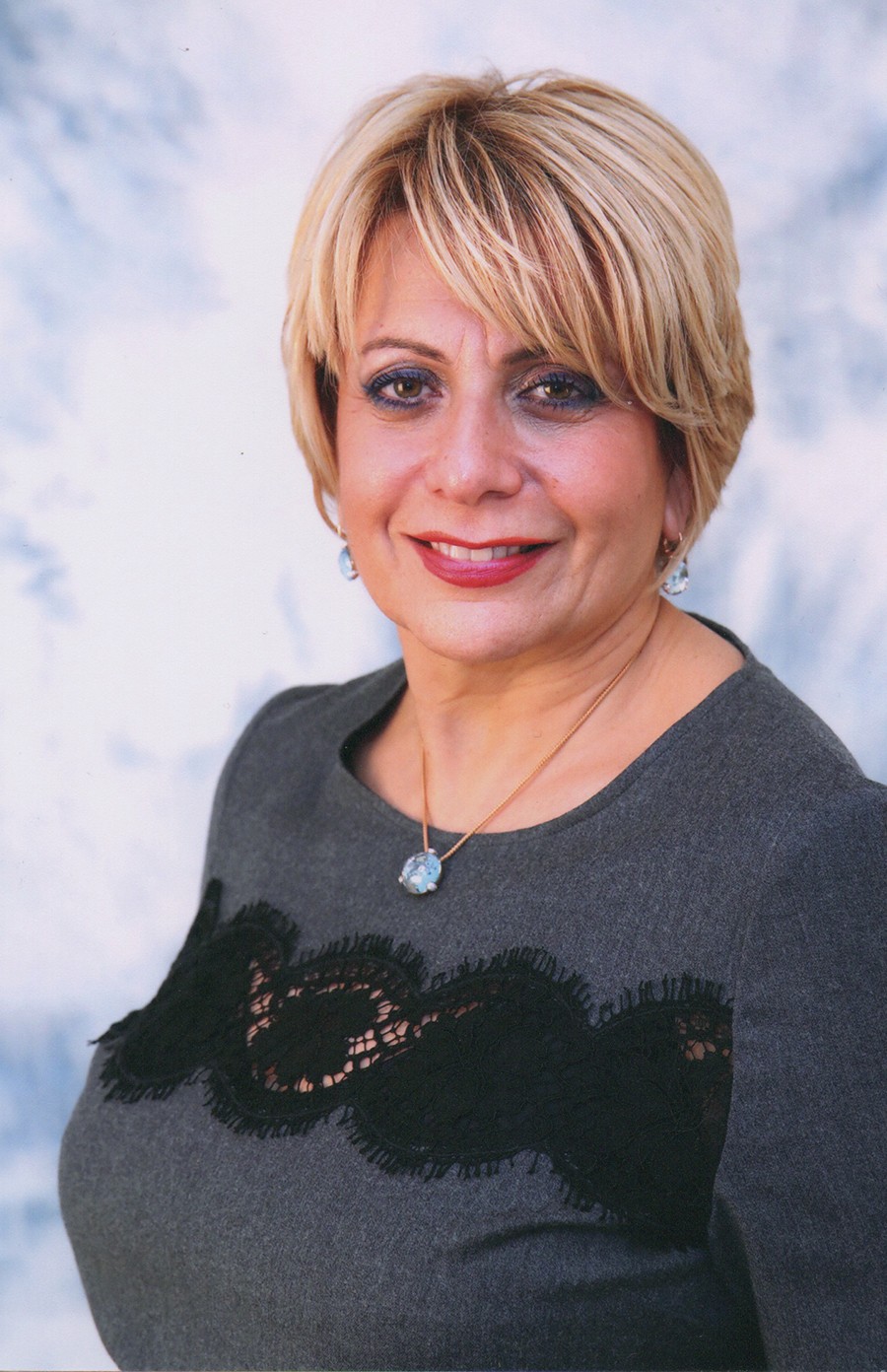
While it may have taken a few hard knocks of late, the European Union (EU) is still a cornerstone in the lives of the continent’s citizens. And with the rising tide of populism the world over, fuelled by values which are the polar opposite of the EU’s unity-in-diversity model and putting into question the sustainability of the EU, it becomes easy to forget about its advantages.
It also becomes easy to forget just how impassioned and hard-fought the road towards accession was for some countries—Malta included. For millennials, the EU referendum in 2003 was, in many ways, our first truly ‘political’ moment. Beyond the rote rhythms of party politics, the event gave us the feeling that something larger than us was happening. History was being shaped right in front of our eyes.
But as this moment ossifies into nostalgia for some, and others edge towards a rising euroscepticism, one person that holds steadfast to the EU and all that it stands for is Dr Joanna Drake.
Acquiring her Doctorate in Laws from the University of Malta in 1988 was the spark that paved the way for an eclectic career for Drake. She prefers to characterise it as ‘varied with lots of spice’, and it is one in which the EU has played a central part from early on.
‘Yes, throughout everything, there has been a major common thread—the European Union. I pride myself in having such a powerful and inspiring reference point in my career. It has opened so many doors, and it keeps on being enticing in the challenges it presents,’ Drake says.
It has been a journey with many rungs and steps along the way… all of which Drake diligently and patiently takes the time to enumerate during our conversation.
Vote Yes
In 1990, Drake’s world transitioned from the academic to the professional. She joined Malta’s first-ever professional team at the Malta Foreign Office, which was charged with preparing Malta’s EU membership application —a seed that would of course bear its most significant fruit just over a decade later.
Another significant step forward came five years later, when Drake took up teaching at her alma mater for a period that would last from 1994 to 2002. The position was no small feat. It meant that, at the relatively tender age of 30, Drake was lecturing in the Department of European and Comparative Law (Faculty of Laws) at both undergraduate and postgraduate level.
‘I was humbled to be teaching EU law to many of Malta’s preeminent lawyers, judges, magistrates, journalists, researchers, and politicians, including those who went on to become prime ministers and Presidents of the Republic,’ Drake reminisces, adding how her experience also dovetailed into the private sector. This part of her career overlapped with the ‘EU Moment’, as Drake served as Head of Legal and Regulatory Department for Vodafone Malta Limited from 2000 to 2005, during a stretch of time she describes as being a ‘very challenging period of transition for Malta’s telecommunications sector’.
Juggling so many high-profile, high-responsibility jobs was a big challenge for Drake, especially considering the social expectations on women. But she is quick to point out that all of that has its own silver lining. ‘Being a woman from a non-privileged background and facing tough competition, and even betrayals, including by those whom you had loved and respected, all go towards galvanising your resilience and bringing out the best in you while allowing you to grow.’
Despite such hardships, Drake has not been stopped from living a fulfilling life. ‘Of course, during this period, my private life did not stand still: I was also bringing up my two adorable kids, with whom I have been blessed and who continue to enrich my life every day…’
For millennials, the EU referendum in 2003 was, in many ways, our first truly ‘political’ moment.
Drake’s value of human rights and justice have given her career a crucial focus point, which would reach its critical point come 2003. Serving as the Chair of the YES referendum campaign, whose Maltese-language rallying call ‘Moviment IVA Malta fl-Ewropa’ is bound to stir memories in all those who experienced it, Drake remains unequivocal about the importance of this position for her.
‘My direct and visible political involvement in persuading the Maltese voters to vote YES in the EU referendum of March 2003 is something I remain immensely proud of. Standing up to be counted is always something that resonates deeply with me, and I would say that my involvement with the referendum was an ideal example of all that.’
Malta’s successful entry into the EU led to another key stepping stone in Drake’s career. In 2005 she took on the role of the Head of Representation of the European Commission office in Malta. She was then promoted to Director of Entrepreneurship and Small and Medium Enterprises (SMEs) as well as deputy SME Envoy. She now serves as Deputy Director General in the Directorate-General (DG) Environment in Brussels.
As deputy SME Envoy, she was directly involved in shaping EU policy and helping SMEs face contemporary challenges, like the rise of industries such as Airbnb and UBER. This work yielded positive results in her previous posting as Director of SMEs and Entrepreneurship at DG GROW, where she represented the Commission in high-level dialogues and negotiations in China, US, Tunisia, Abu Dhabi and most EU member states.
It was also a post that allowed her to deliver presentations at numerous major events, cementing a career built on both practicality and advocacy.
The University of Life
With such an impressive CV in hand, I wanted to find out what drove Drake to such success. And it turns out that the University of Malta helped lay the groundwork of some good habits for her.
‘I’ve learnt plenty of lessons along the way, and I keep discovering new ones all the time! But I would certainly highlight the following: passion helps you achieve your goals. Keep investing in knowledge and real friendships. Networking is key. Keep it simple. Reach out, always. Stay humble. Don’t shy away from inspiring others. Take every opportunity to grow as a person, and in your conscience,’ Drake emphasised, adding that: ‘These are some of the stimulants that make my getting up in the morning and going off to work so much more worth it.’
Building your career is about adding your personal value to what you have learned and churned out at university. If those ingredients are in place, a true professional may very well be born.
And what about the new generation of graduates or to-be graduates? Students which, we should point out, have reaped the benefits of EU accession and all that that implies? Drake’s advice to any who dream of following a similarly heady and rewarding path is quite simple, though it requires both commitment and passion. ‘Keep an open mind as to how and where you could deploy your newly learned skills,’ Drake says—a reminder that self-knowledge and self-awareness truly go a long way.
In fact, Drake is keen to stress that a career—as opposed to a one-off and possibly dead-end job—is something that requires the full implementation of your personality and the gravitational pull of your most deeply held passions.
‘So in this way, building your career is about adding your personal value to what you have learned and churned out at university. If those ingredients are in place, a true professional may very well be born. Think about this when preparing for your next interview.’
Her parting-shot of advice is, however, far more to the point, but it resonates all the same: ‘Remember to just enjoy the journey! It’s loads of fun.’
Author: Teodor Reljic

